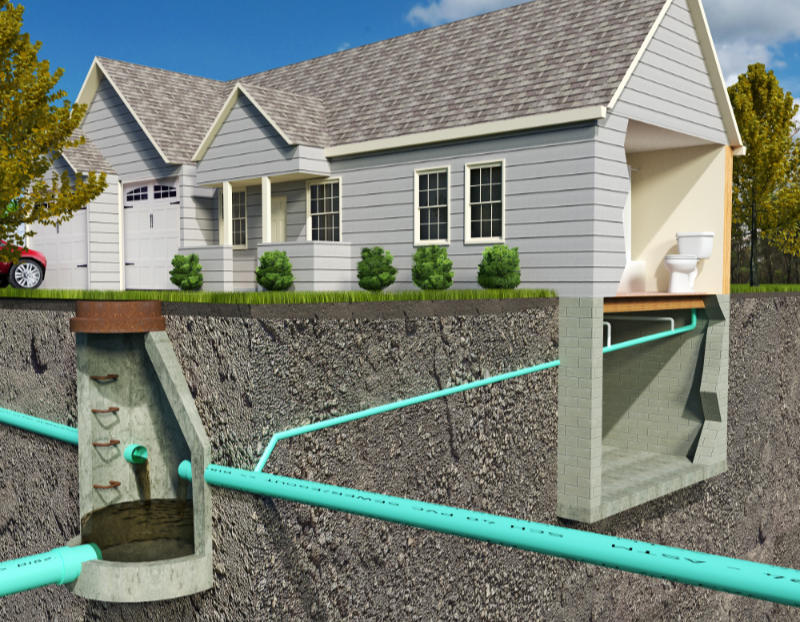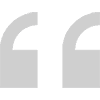 A septic system is a permanent, safe and effective system of disposing, treating and collecting sewage or wastewater from the laundry, kitchen and bathrooms of homes where a public sewer system is not available. It is usually used when there are no accessible sewage treatment plants in the area. Wastewater can contain pollutants and germs that can cause health problems. This wastewater needs to be treated to safeguard the environment and human health.
A septic system is a permanent, safe and effective system of disposing, treating and collecting sewage or wastewater from the laundry, kitchen and bathrooms of homes where a public sewer system is not available. It is usually used when there are no accessible sewage treatment plants in the area. Wastewater can contain pollutants and germs that can cause health problems. This wastewater needs to be treated to safeguard the environment and human health.
For Septic System Maintenance in Union, NJ Call (866) 396-3143
-

Quick, dependable service!
 Trisha L.
Trisha L.

-

Had the worst night trying to figure out my sink not draining, called RooterMan in and an hour later it was running!
 Pablo J.
Pablo J.

In contrast with a sewer system that releases treated sewage into a water system, septic systems rely on the grounds of a home to dispose of and treat wastewater. This is the reason why a septic system should only be installed in homes where the soil will sufficiently soak up and decontaminate the waste water. If the soil is not absorbent enough, the waste water will leak out onto the ground surface and cause a disagreeable odor and could also cause health problems.
At SewerMan of Union, NJ we are experts at maintaining and fixing septic systems. Whether you have a septic system that needs repair now or ongoing regular maintenance we can help. Call us today to schedule a technician to visit your location.
Main Elements of a Septic System
There are many different septic system designs but a conventional septic system is the most common. The main elements of a conventional septic system are:
The Septic Tank
A septic tank is a sealed precast concrete box around 5 feet tall and 9 feet long. The tank is buried underground outside of the house. The size of the tank will depend on the size of the household or the number of bathrooms and bedrooms in a house. The septic tank is a temporary holding tank for the household waste and where a small degree of treatment takes place.
A septic tank is supposed to collect all the wastewater from the house. This includes water from the toilet, kitchen, washing machine and bathtubs. As the wastewater flows into the septic tank, solid waste settles at the bottom of the tank while fats and greases drift to the top. The liquid waste runs out of the tank while an exit baffle prevents solids from flowing out with the waste liquid. The main function of the septic tank is to hold the solids as it discharges the liquid to the leach or drain field.
Leach Field or Drain Field
The septic tank is linked to the leach field or drain field by a pipe buried underground. A standard leach or drain field has from two to five trenches dug into the subsoil. In several septic system designs, there is a floor divider or distribution box that helps direct the water to every trench. On each trench, a 4-inch perforated pipe is buried surrounded with a 1-foot thick deposit of stone or washed gravel, The trenches are 9 feet part, 3 feet deep and 3 feet wide. Once the trenches are completely covered with soil, the site should be landscaped to prevent surface water from forming a pond over the leach field.
A leach or drain field is also called a soil absorption field or nitrification field. The main function of a leach field is to distribute the liquid effluent to the soil which purifies it. The soil gets rid of the chemicals and germs from the wastewater or liquid effluent before it gets to the groundwater or to a lake, river or estuary that may be near by.
The best way to prevent problems with your septic system is proper and regular maintenance. At SewerMan of Union, NJ we can recommend the best maintenance schedule for your particular needs. Call us today for an appointment.

